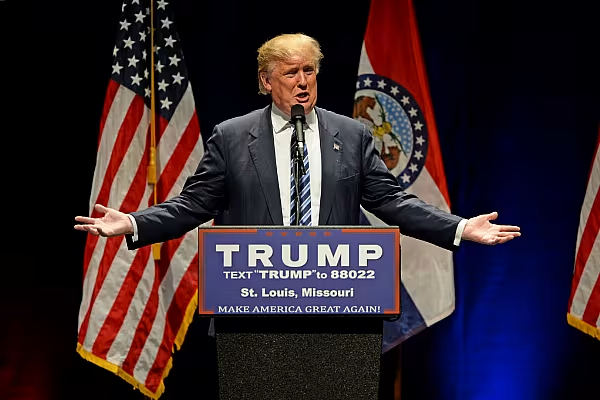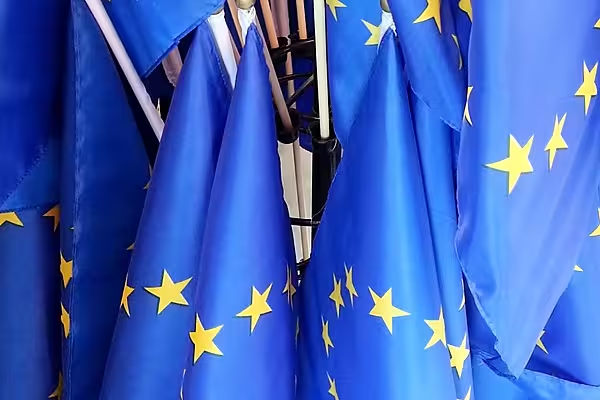The European Union distanced itself from the idea of reviving talks on a broad free-trade agreement with the U.S. as part of EU efforts to gain a permanent exemption from President Donald Trump’s controversial import tariffs on steel and aluminum.
A day after U.S. Commerce Secretary Wilbur Ross said the Trump administration is willing to restart negotiations on the stalled Trans-Atlantic Trade and Investment Partnership, the European Commission said it’s seeking a “dialog” with Washington “on issues of common interest” including global steel overcapacity.
Framework
“More contacts will be held in the coming weeks to agree the exact scope and framework of this EU-U.S. dialog,” a spokesman for the commission, the 28-nation EU’s executive arm in Brussels, said on Friday.
“The commission is committed to engage in this process in an open and constructive way. However, it should be clear that this dialog does not represent the revival of the process for a comprehensive Trans-Atlantic Trade and Investment Partnership.”
The TTIP negotiations to expand the world biggest economic relationship have been frozen since Trump entered the White House with an “America First” agenda that has shunned multilateral trade initiatives. This extended to the completed Trans-Pacific Partnership, from which Trump withdrew.
“He terminated the trans-Pacific deal; he didn’t terminate TTIP,” Ross said in an interview with Bloomberg Television on Thursday. “That was meant quite deliberately and quite overtly as a message that we’re open to discussions with the European Commission.”
Tit-For-Tat
European trade chief Cecilia Malmstrom and Ross spoke four days ago with their eyes on a May 1 deadline for Trump to decide whether to prolong an exclusion for the EU from U.S. import tariffs of 25 percent on steel and 10 percent on aluminum.
The White House justified the levies introduced a week ago on national-security grounds dismissed by the EU, which has demanded a permanent exemption and threatened to join China in applying tit-for-tat tariffs on American goods and complaining to the World Trade Organization.
Trump set a vague condition for prolonging the metal-tariffs waiver beyond May 1: The status of “discussions of satisfactory long-term alternative means to address the threatened impairment to U.S. national security.”
EU leaders showed as much annoyance as relief at the temporary exemption on March 23, with French President Emmanuel Macron saying “we won’t talk about anything while there’s a gun pointed at our head.”
After 14 months of the Trump administration, EU officials are skeptical that it would be willing to seek the kind of broad market-opening TTIP deal that the bloc was negotiating with the government of former President Barack Obama.
Free-Trade Accord
In May last year, Malmstrom refused to rule out the possibility of a free-trade accord between the EU and the U.S. while stressing that the planned TTIP had been left “in the freezer” as a result of Trump’s election.
“There’s still a case for an ambitious trade agreement between us, not to mention a huge potential,” Malmstrom said in a speech at the time. “But we both need a bit more time, and to know there was shared ambition and common ground.”
News by Bloomberg, edited by ESM. Click subscribe to sign up to ESM: The European Supermarket Magazine.














